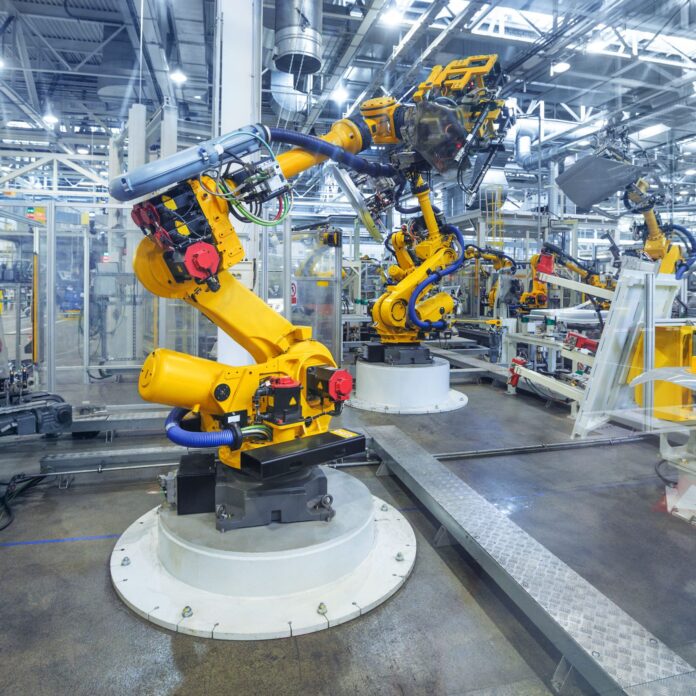Mobile edge computing is seen as an important part to alleviating network congestion and improving cloud-based applications for both current 4G and future 5G networks. In the approach to 5G commercialization, Ericsson and Vodafone conducted a 5G mobile edge proof of concept, connecting separate research facilities in Germany geared toward machine vision in the manufacturing vertical.
Machine vision uses high-speed cameras connected to cloud analytics platforms to measure and recognize manufactured objects; the software uses photos for quality assurance purposes, recognizing deviations in the dimensions and physicality of manufactured objects.
At a demonstration during a recent event at the Ericsson R&D Center in Aachen, the vendor and Vodafone showcased what they dubbed 5G Smart Network Edge, which yields great efficiency in machine vision based on lower network latency, serving to increase the rate of detection from the cloud system.
According to the companies, “Significantly less video traffic had to be sent over the wide area network and sensitive data was kept locally and was therefore better protected against unauthorized access.”
Valter D’AVino, head of Ericsson Western and Central Europe, said the proof of concept “shows an excellent example of how 5G can enable industries to become more efficient as well as more secure and cost effective.”
In Germany, smart manufacturing is a major government initiative under the auspices of a program called Industrie 4.0.
Read this in-depth piece for a deeper dive into mobile edge computing.

Vodafone, Ericsson connect German labs in 5G mobile edge PoC
ABOUT AUTHOR
